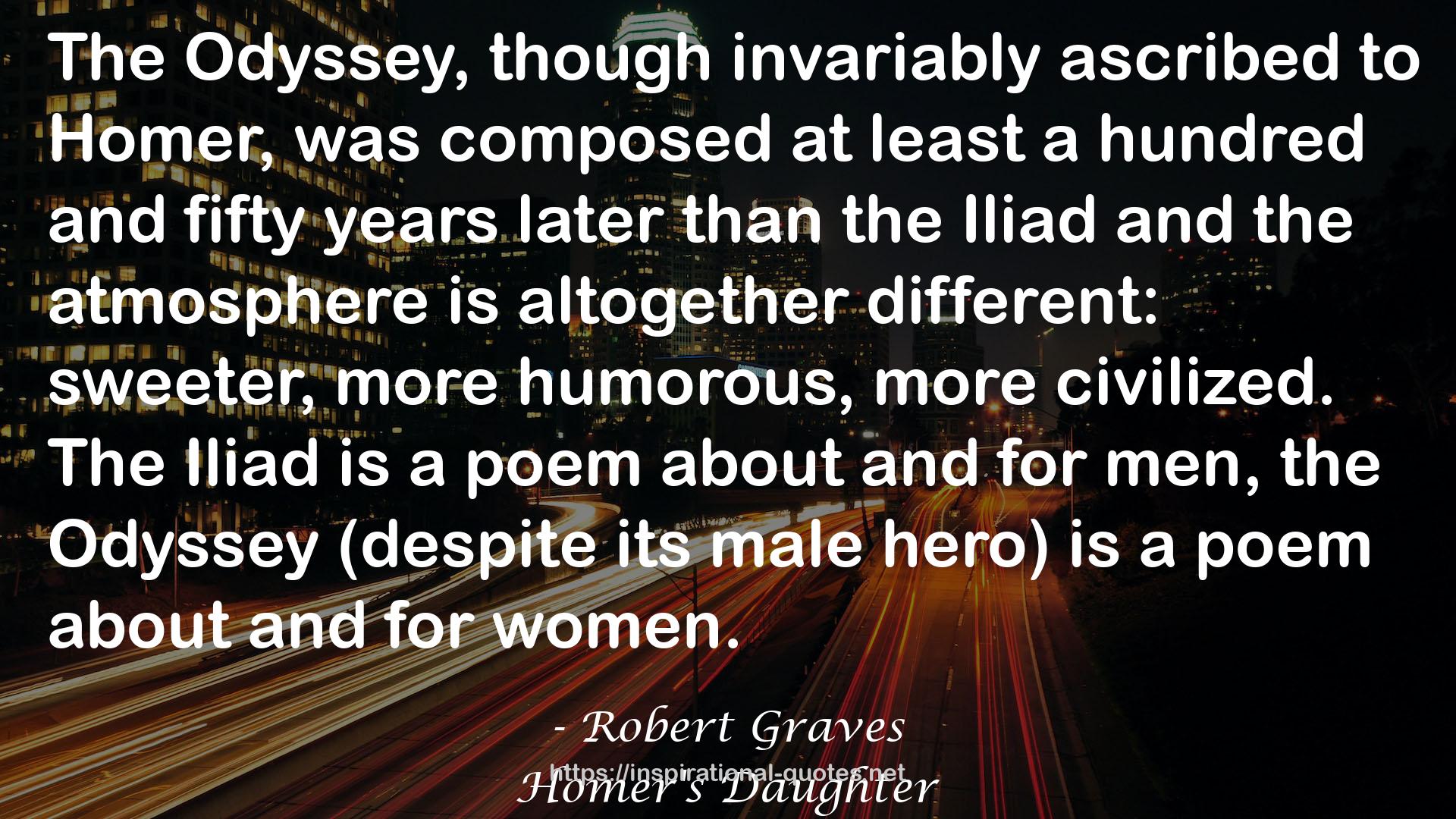Homer's Daughter QUOTES
SOME WORKS
- In Cahoots with the Prickly Pear Posse (Jackrabbit Junction #5)
- Love Dances in the Desert: Three Jackrabbit Junction Sexy Mysteries
- Life at the Coffin Joint (Deadwood Undertaker, #1)
- سيرة ام درمانية
- النوم عند قدمي الجبل
- الغرق: حكايات القهر والونس
- A Faerie's Secret (Creepy Hollow, #4)
- Calla's Story (Creepy Hollow Books 4, 5 & 6)
- Elemental Power (Ridley Kayne Chronicles, #2)
- Elemental Thief (Ridley Kayne Chronicles #1)

